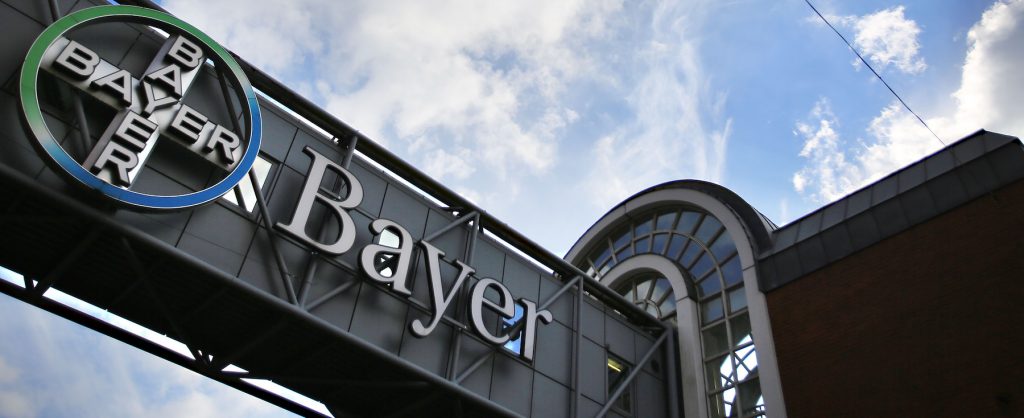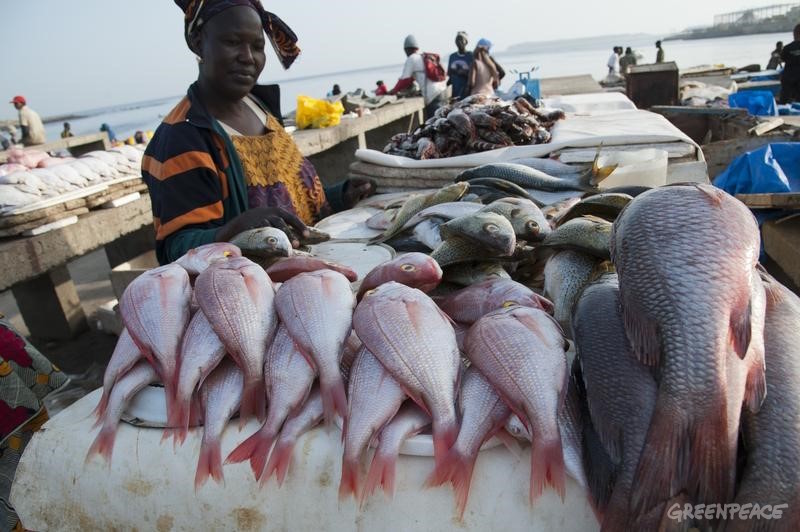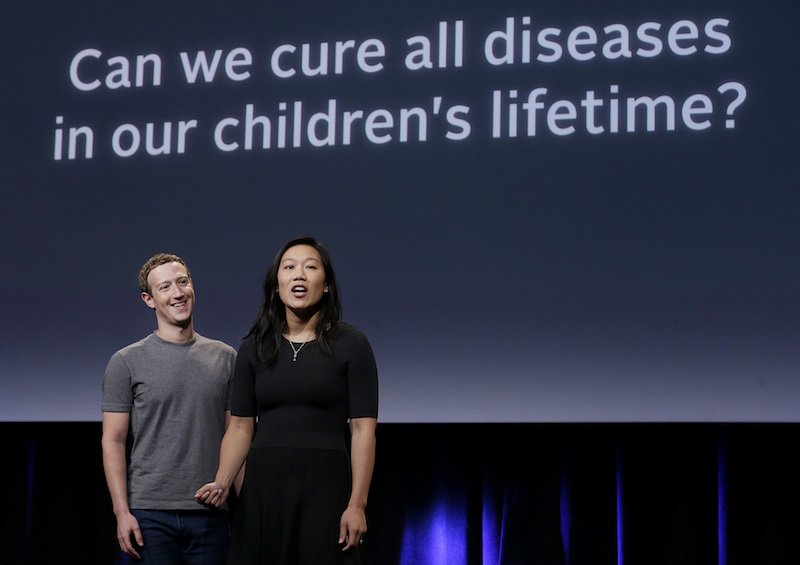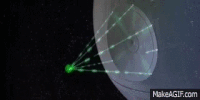
Big firms, dodgy banks, fishy business. 17-23 September: What just happened?
Is the Bayer Monsanto deal really a ‘marriage made in hell’?
German chemical giant Bayer are set to buy the US firm Monsanto for $66bn, creating the world’s biggest ever seed and pesticide company. That means the world's stock of seeds and pesticides would be pretty much exclusively controlled by just three firms – what's known as an in economics. Why should we care? Well, with so little competition in the sector, these companies suddenly have immense power to influence food prices (because who's gonna tell them not to?) The variety of crops available might also become limited, along with farmers’ choice on what seeds to buy and who to buy them from. One NGO has called the merger a 'marriage made in hell'. But others say it may not be so bad – concentrating their knowledge and resources could mean that production becomes more efficient, and the extra profit made could be used for research and development.
The ‘world’s most dangerous bank’ faces $14bn fine

Deutsche Bank, Germany’s largest bank, is facing a whopping $14bn fine for their part in the 2008 financial crisis. The penalty relates to their alleged involvement in the mis-selling of mortgage-backed pre-2008. We sat a semi-naked man in a bath Margot Robbie style to explain all – basically, banks like Deutsche packed together risky mortgages sold to unqualified homebuyers into bonds that were re-sold, on the grounds that they were apparently less risky when sold together. That didn't work out so well, and 2008 happened. Other banks already fined for this include the Bank of America ($16.7bn), Goldman Sachs ($5.1bn) and JP Morgan Chase ($13bn). Deutsche's shares fell in value this week after the news, which could spell trouble for other banks too because the financial world is so connected – hence someone recently calling them 'the world's most dangerous bank'. Let's just focus on not letting 2008 happen again, shall we?
Fishy business in Senegal

Fish stocks in Senegal are being ‘stolen from human mouths’ to be used as animal feed on Western farms, according to a report by the Independent. It seems new ‘fishmeal’ plants are taking a large proportion of local catches to make feed which is then exported to the West to feed pigs, chickens and other animals. That means not enough left is for the people who caught the fish in the first place, meaning, for the little fish that's left – and many in Senegal already spend 50% of their income on food alone. And given that meat consumption is going up around the world, the demand for fishmeal in countries outside Senegal will only grow. It's a powerful example of the knock-on effects of economic choices people make in one country on people in a completely different part of the world – but hey, that's for you.
Chuckerberg pledge $3bn to end all diseases

Mark Zuckerberg and his wife Priscilla Chan have pledged $3 bn to medical research over the next decade in order to ‘cure all disease by the end of the century’. It’s all part of the Chan Zuckerberg Initiative, the company the couple set up last year after he announced plans to give away 99% of his shares in Facebook (worth around $45bn) over the course of his life. It's exciting news – but it's worth noting that the total amount of money spent on this area so far is something like $200bn, which puts their pledge into context. And some have questioned the way the initiative has been set up as a limited liability company, which means there’s less responsibility to be transparent about how much the spend, what they spend it on, and how effective it is. That said, $3bn is no small chunk of change and will surely prompt lots and lots of Likes for this one.
In other news...
Silent disco. Nightclubs across London turned fell silent at midnight for one minute earlier this week as part of a protest against club closures. It comes after the world-famous Fabric club was forced to close. According to some figures around half of the UK’s nightclubs have closed over the last 10 years.
#DataMustFall. A campaign has been launched in South Africa demanding telecom providers to reduce their charges for providing internet services. A drop in price could help people access things like education materials, and so may have longer term economic benefits that outweigh that short term profits of the providers.
Lost at sea. Up to $14.5 billion of goods are currently stranded on container vessels at sea. That’s because one the world’s biggest shipping companies, Hanjin, has filed for bankruptcy and can no longer afford the unloading fees. That means a lot of X-mas pressies bound for the US might not get there in time. Oh, Santa!
UK orders up killer laser cannon (just in case)

The British government has signed a $39 million (£30m) deal to build a ‘killer’ laser cannon in the next three years. Of course they have. I mean, why not. It’s all part of the Ministry of Defence’s $1 billion (£800m) ‘Innovation Fund’ aimed at trying to create the weapons of the future. So that means “cutting edge anti-missile systems, tiny insect-inspired surveillance drones, quantum gravitational detectors, advanced protective materials, and airborne threat-targeting laser weapons.” Sounds wonderful. Also, handy if you’ve got any star systems, say the size of Alderaan, to get rid of.




